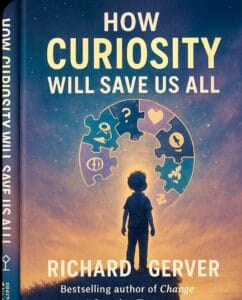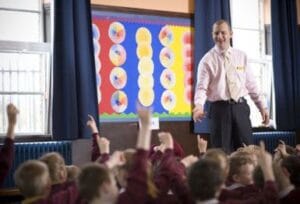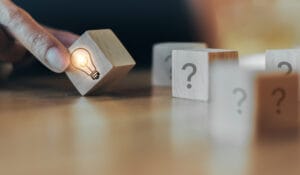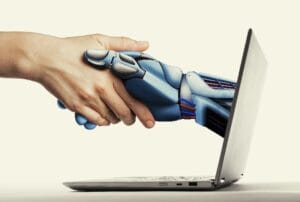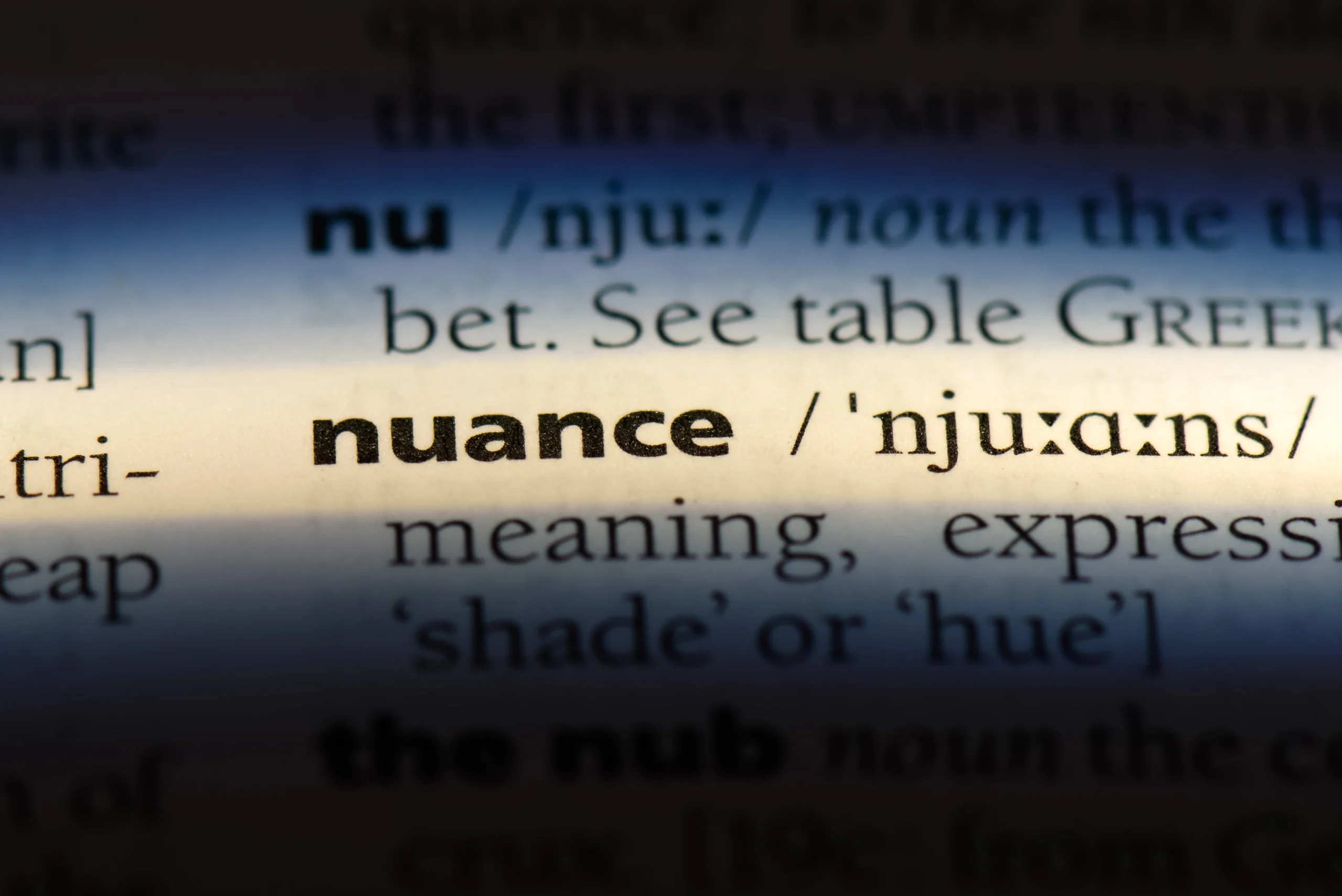
The rise and rise of the digital age has led to some extraordinary transformations in the way we live our lives, work, learn and communicate. It has allowed us to function and to demand at increasingly faster pace. We expect answers to our questions immediately, we expect our groceries delivered on the day of order, we get our news in real time and we can connect with others instantly. So far, so good but…
Over the last decade, we have seen the desire to have everything, everywhere, all at once, challenge our ability to think, to discuss, to find common ground and to embrace nuance. Things were already changing, but since the end of the ‘noughties’, we have seen the immediacy that tech brings, challenge so much about our humanity, it has been exploited, often times brilliantly and brutely in politics and new media for example.
Social media and the character limits imposed by ‘X’, have meant that people communicate in certainties; in black or white, in either or, and that has led to a growth in polarisation. To an extent, the culture of that polarisation has been reflected in the main stream media, with some interviewers interrupting their interviewees demanding, often over simplified yes or no answers, they want the complex simplified in to definites.
We have become obsessed with labelling people as this or that and then highlighting why they aren’t the same as me and my tribe… we use the last letters of the alphabet to label people depending on the decades in which they were born, we pigeon-hole depending on where they were raised, their professional status, education, accent and even by what they choose to wear. Now I know we have been collecting data like this for decades and using it for marketing and other vehicles of persuasion but. I believe that it is coming back to bite us.
We have been living through some seismic global events, and in times of crisis and uncertainty, at any level, you need level heads, you need to be able to explore the variables and the complexity of cause and effect. I am not sure we have seen that too often. As societies, I don’t believe we have ever been so polarised and disconnected, ironic, given the ability we now have to communicate and to connect.
One of the inconvenient truths I learnt as an educator was that we are a gloriously messy species, each of us unique, each of us given the ability to process and to evolve in our own way. For generations, education policy has too often made the mistake of believing that one size fits all, and it really, really doesn’t.
I am an optimist, something I have expressed before and will do again. I see the world on fire, as it is right now, as a period of extreme darkness, not the first in our brief human history and certainly not our last. History however tells us, that every period of darkness has been followed by a renaissance; an explosion in human creativity, in science, culture, community and the arts. I feel strongly that our children could lead it.
Despite what box some have may have put them in, our children are extraordinary, having been born in to a world devoid of nuance, they are desperate to explore the shades of grey. They want to discuss, debate and look for a better world.
There is great hope for a future that embraces new levels of collaboration and cooperation, of a respect for difference and for an understanding that innovation and evolution come from different voices and perspectives coming together, so that they can mix the black and white. Grey is beautiful and we need to celebrate it, explore it and paint the future with it.
It all begins with listening and a real commitment to learn. We need to fight hard not just to listen out for what we feel comfortable hearing but listen out for the things that challenge us, and use what we then hear to be the first to challenge our own biases and thinking. Again, as a former educator, if I have learnt nothing else about learning, I have learnt this… You learn nothing new by getting something right, you only ever learn something new and therefore evolve, at the point of a mistake or the realisation you don’t know something or cant do something. We need to show the courage to learn again, to step out of our comfort zones and allow ourselves to be challenged and to admit we may be wrong.
The future depends on how we all learn to learn again, to think deeply again, to come to terms with the complexity of life and of living it again, and how we allow nuance back in to our vocabulary, thoughts and actions.
